Discovering why are Boston hotels so expensive unveils a complex interplay of historical, cultural, and economic factors.
As a city rich in heritage, home to prestigious institutions, and a thriving hub for various industries, Boston’s hotel pricing reflects a dynamic and competitive market.
From seasonal tourism peaks to the city’s commitment to quality accommodations, understanding why Boston hotels are expensive requires delving into a multifaceted narrative.
This exploration will shed light on the influences that contribute to the perceived costliness of lodging in this iconic city, providing insights for both seasoned travelers and those planning their first visit to the historic streets of Boston.
Why Are Boston Hotels So Expensive? 15 Reasons
Boston, as a vibrant and historically rich city, often sees high demand for accommodations, contributing to the perception of expensive hotels. Several factors influence the cost of lodging in this bustling metropolis. Here are 15 of them:
1. Historical and Cultural Allure
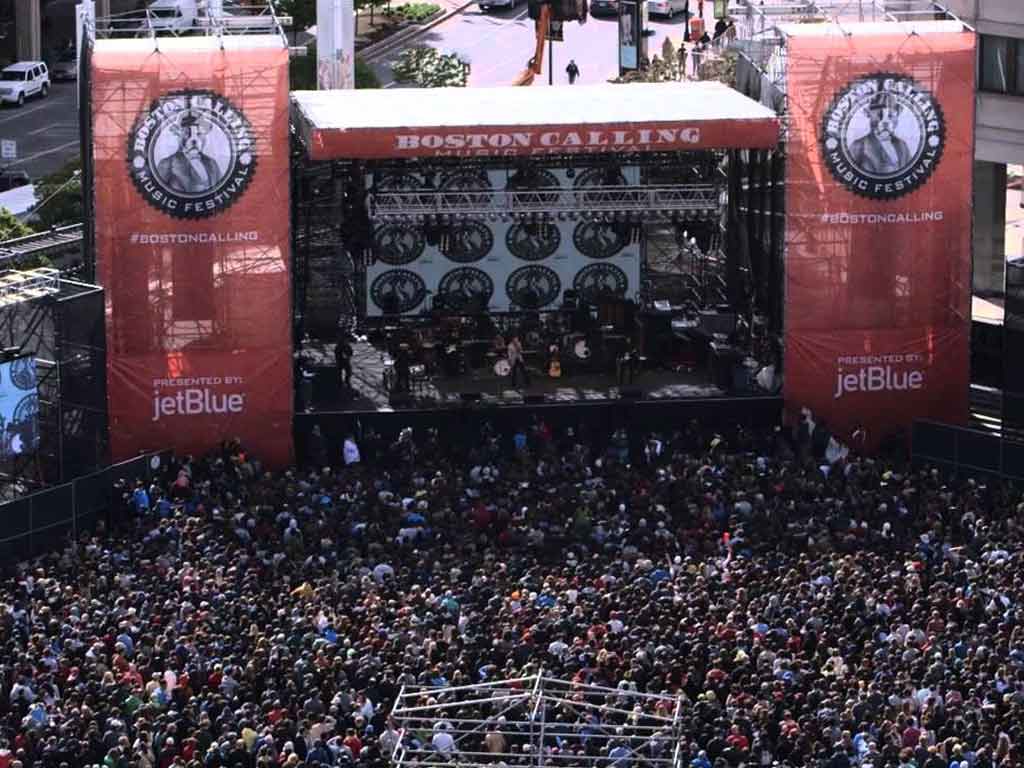
Boston’s historical significance and cultural attractions draw visitors year-round. The demand for hotels spikes due to events, festivals, and the allure of iconic sites like the Freedom Trail.
This sustained interest contributes to a competitive market where hotels can command higher prices.
2. Academic Hub and Conventions

As a renowned academic hub with prestigious universities and frequent conventions, Boston experiences surges in hotel demand during academic sessions and major conferences.
This heightened demand results in increased prices to meet the accommodation needs of scholars, professionals, and attendees.
3. Limited Hotel Space in the City Center
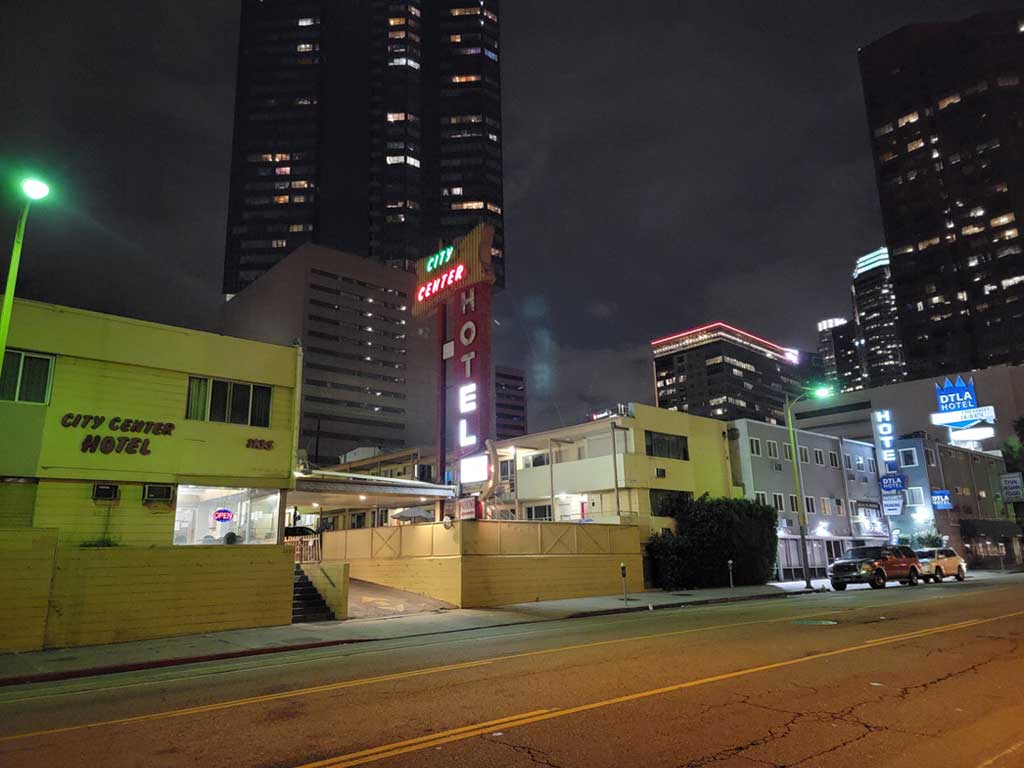
The city center, where many visitors prefer to stay for proximity to attractions, has limited hotel space. This scarcity intensifies competition, allowing hotels to set higher rates.
Travelers often find themselves paying a premium for the convenience of staying in the heart of Boston.
4. Seasonal Tourism Peaks
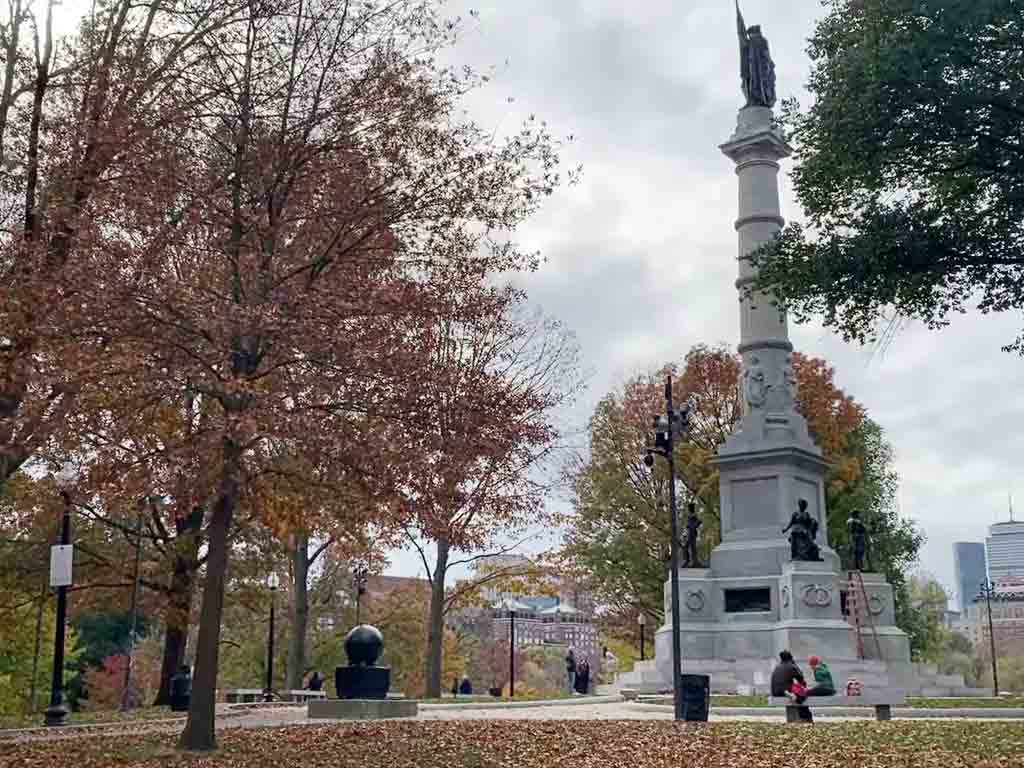
Boston’s seasonal tourism peaks, especially during the picturesque fall foliage and vibrant summer months. These periods witness an influx of tourists seeking to explore the city, placing additional strain on hotel availability and contributing to elevated prices.
5. Quality and Amenities Offered
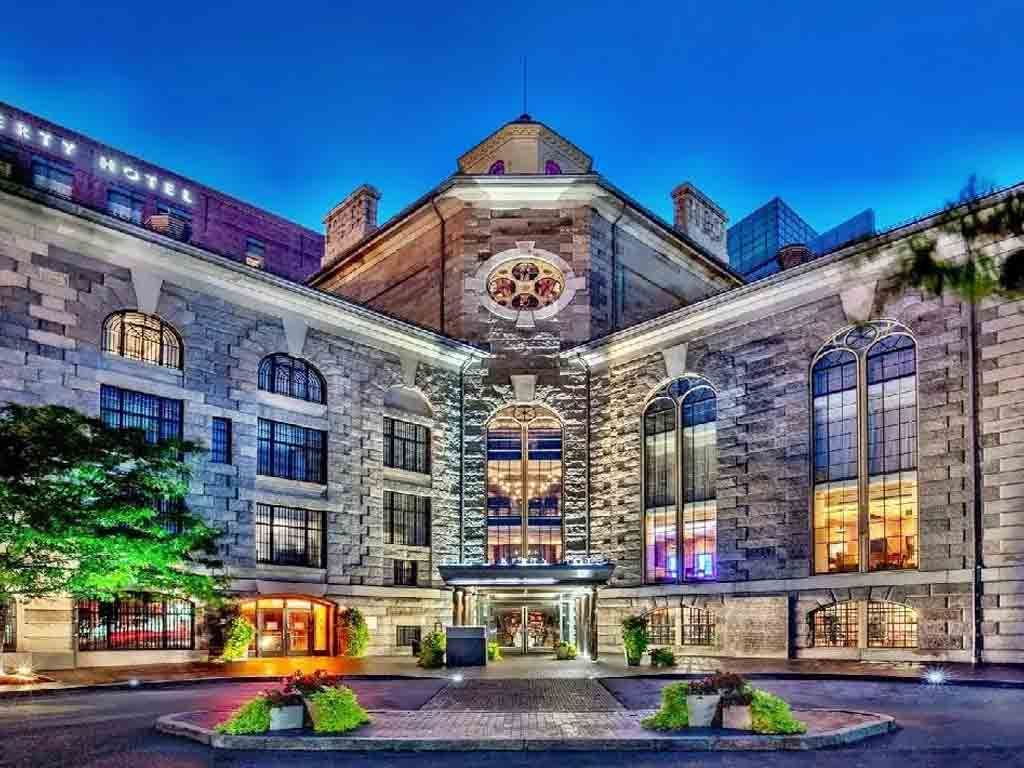
Boston hotels often prioritize quality and a range of amenities, catering to the discerning preferences of visitors. Luxurious accommodations, personalized services, and central locations contribute to higher operating costs for hotels, which are then reflected in room rates.
6. Premium Business Travel Destination
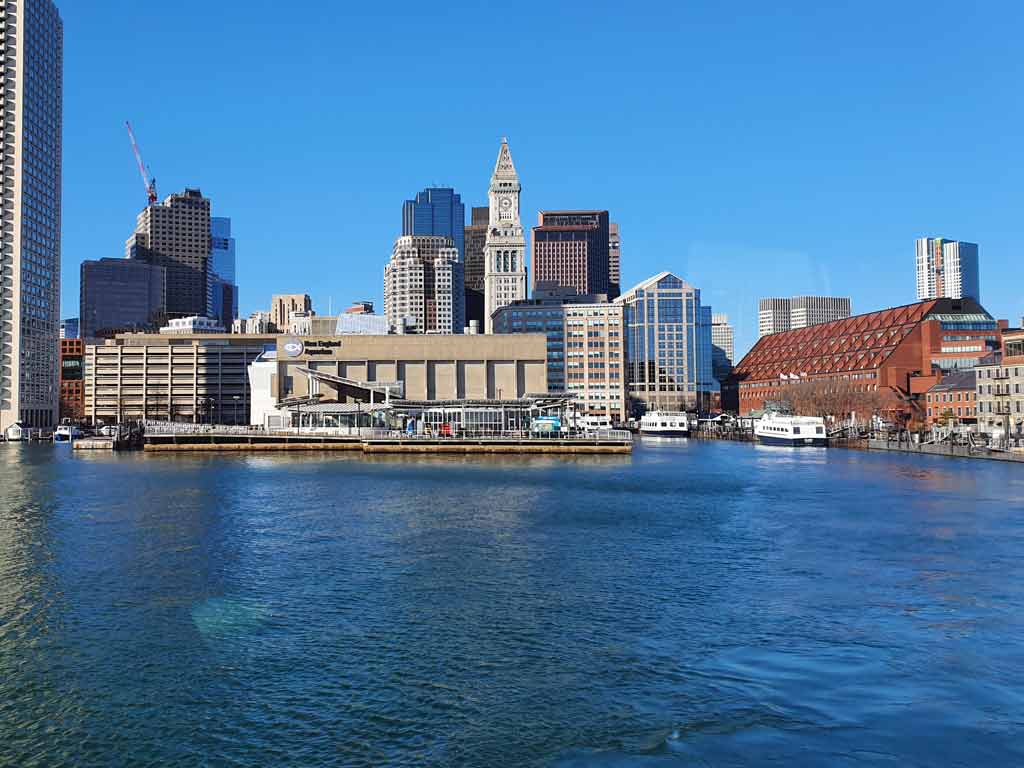
Boston’s status as a hub for business and finance further elevates the demand for high-end accommodations. Executives and professionals traveling for work often seek centrally located, upscale hotels, creating a niche market that commands premium pricing.
7. Preservation of Historical Architecture
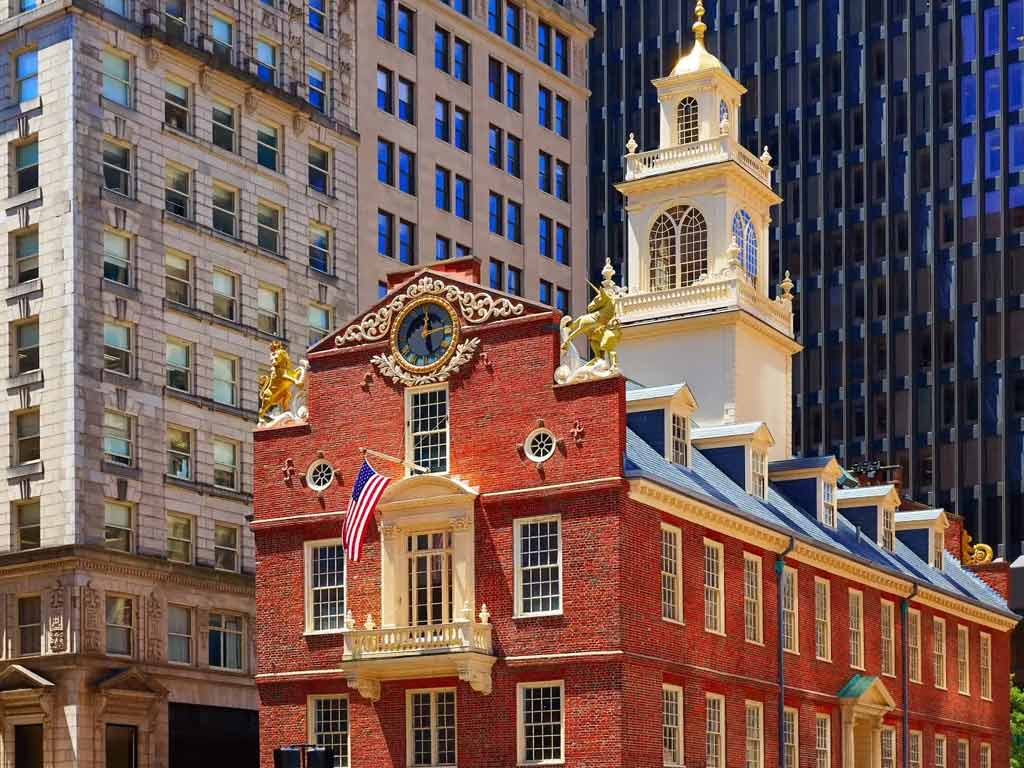
Many hotels in Boston are housed within historic buildings, showcasing the city’s architectural heritage. The preservation and restoration of these structures often involve substantial investments, influencing hotel pricing.
The unique charm of staying in a historic hotel adds to the overall appeal but may contribute to higher costs.
8. High Operational Costs
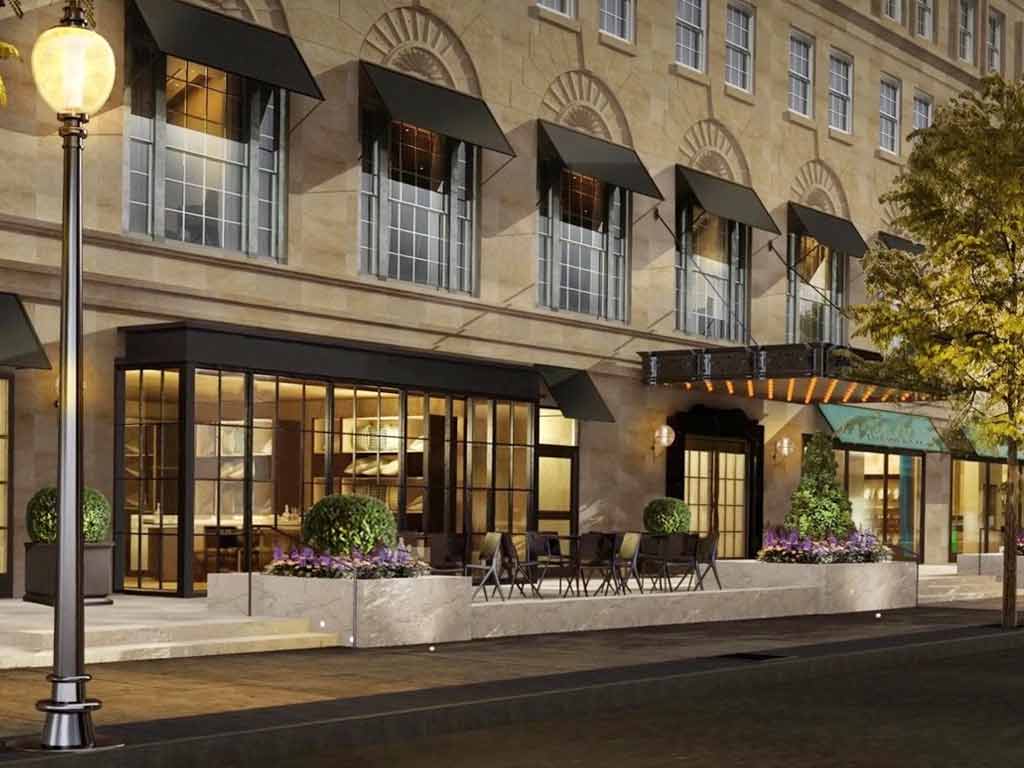
The operational costs for hotels in Boston, including labor, utilities, and maintenance, are relatively high. Compliance with stringent building codes and regulations in a historic city further amplifies these costs.
To maintain service quality and meet these operational expenses, hotels may adjust their pricing accordingly.
9. Proximity to World-Class Healthcare
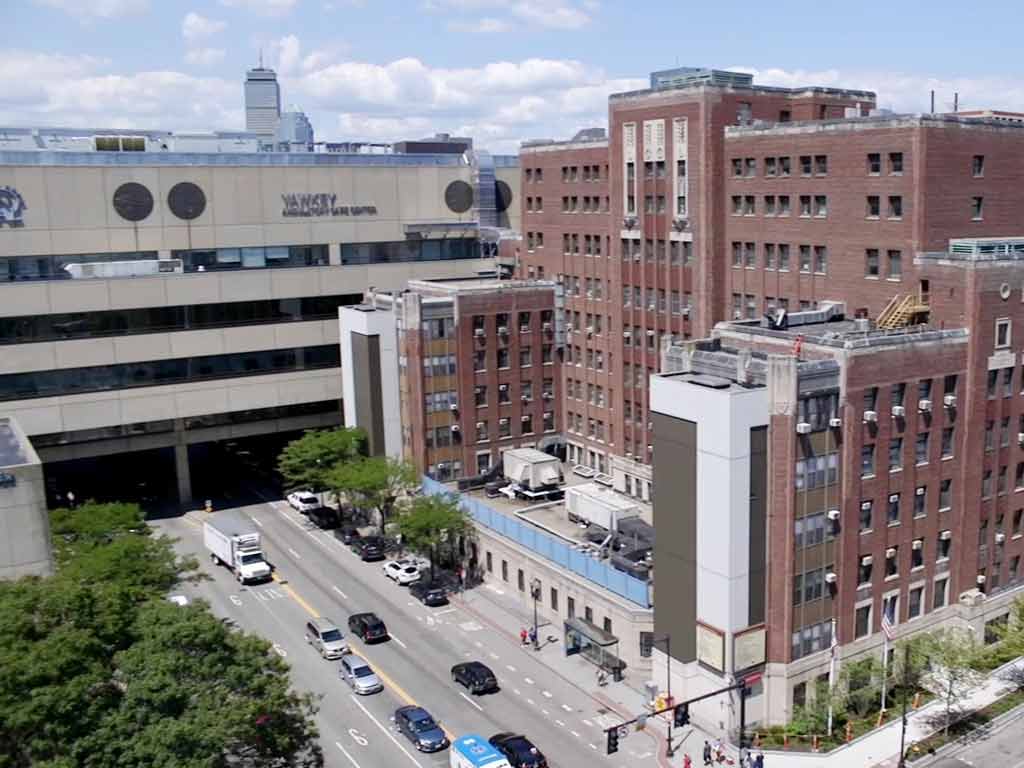
Boston is home to world-renowned medical institutions, attracting patients, families, and medical professionals. The demand for hotels near these healthcare facilities often leads to higher prices.
The convenience of proximity to top-notch medical care can be a significant factor in the pricing structure of hotels in certain areas.
10. Competitive Luxury Hotel Market

Boston’s luxury hotel market is highly competitive, with establishments vying to offer exceptional experiences.
This competition, coupled with the city’s reputation for premium hospitality, contributes to elevated pricing as hotels invest in maintaining and enhancing their luxurious offerings to stand out in the market.
11. Cultural and Artistic Events
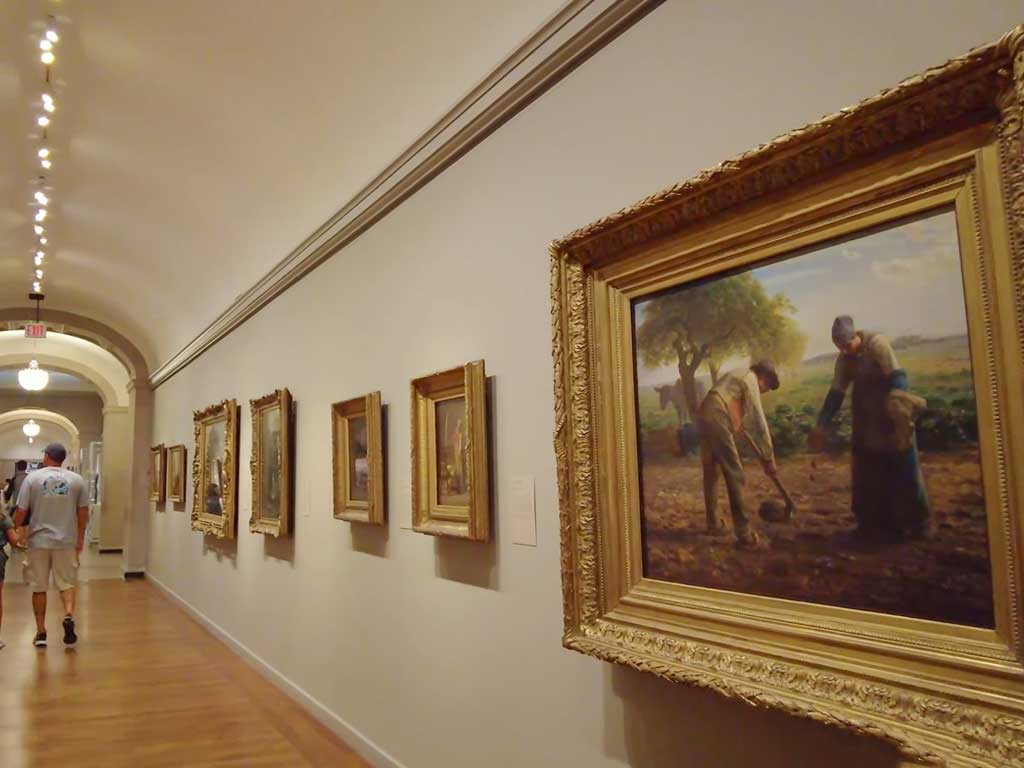
Boston’s vibrant cultural scene, including theatrical performances, art exhibitions, and music festivals, attracts a diverse audience. During these events, the demand for accommodations surges, impacting hotel prices.
The cultural richness of Boston contributes to a dynamic hospitality landscape with varied pricing based on event schedules.
12. High Property Taxes
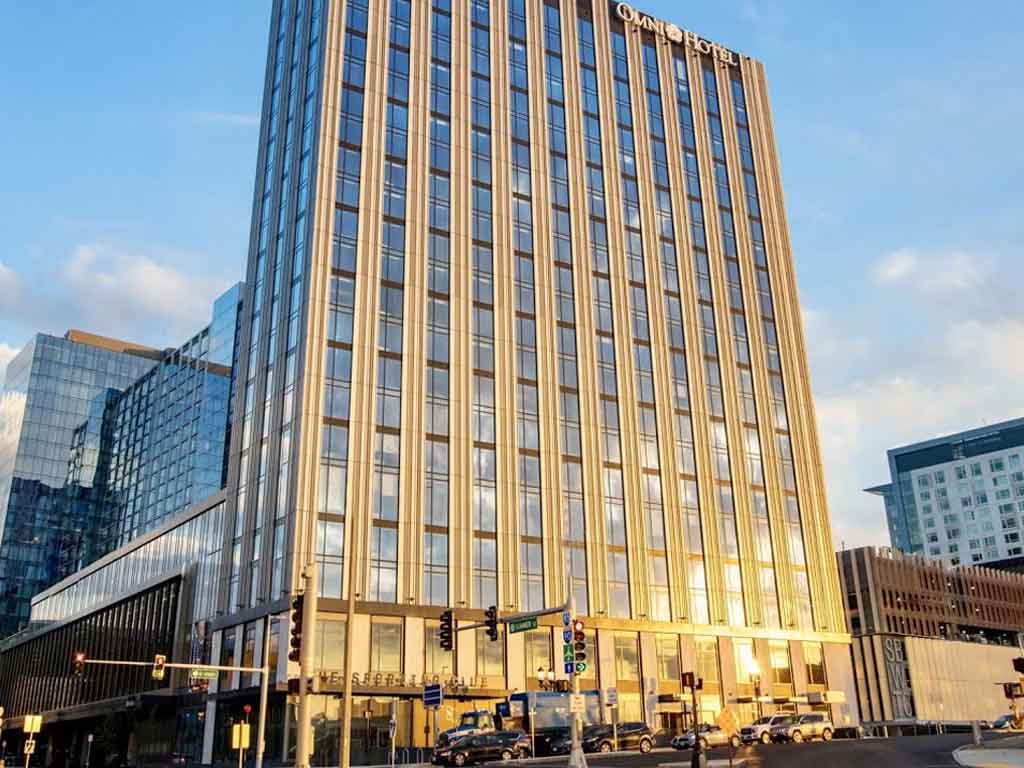
The cost of property taxes in Boston is relatively high, impacting hotel owners who often pass on these expenses to guests. As hotels operate within the city’s financial framework, the necessity to cover property taxes contributes to the overall pricing structure, influencing room rates.
13. International Tourist Hub
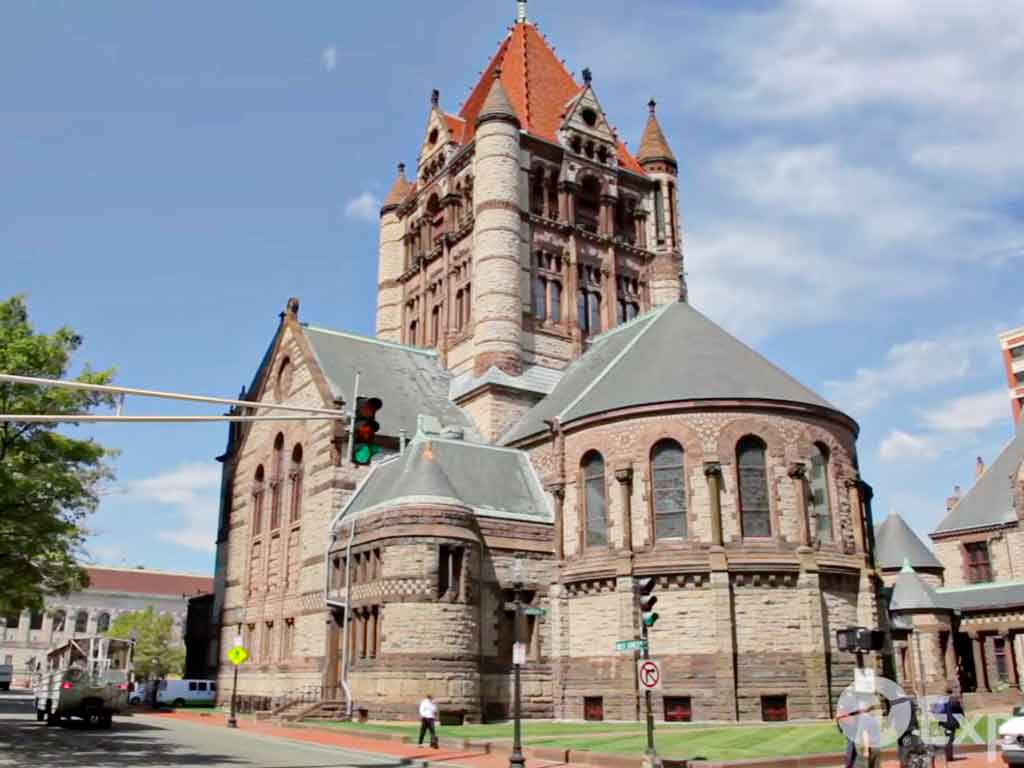
Boston’s reputation as an international tourist destination amplifies its appeal to travelers from around the globe.
The influx of international visitors, especially during peak tourist seasons, increases competition for hotel rooms, allowing establishments to set prices commensurate with the global demand for accommodation in this cosmopolitan city.
14. Renovation and Maintenance Costs
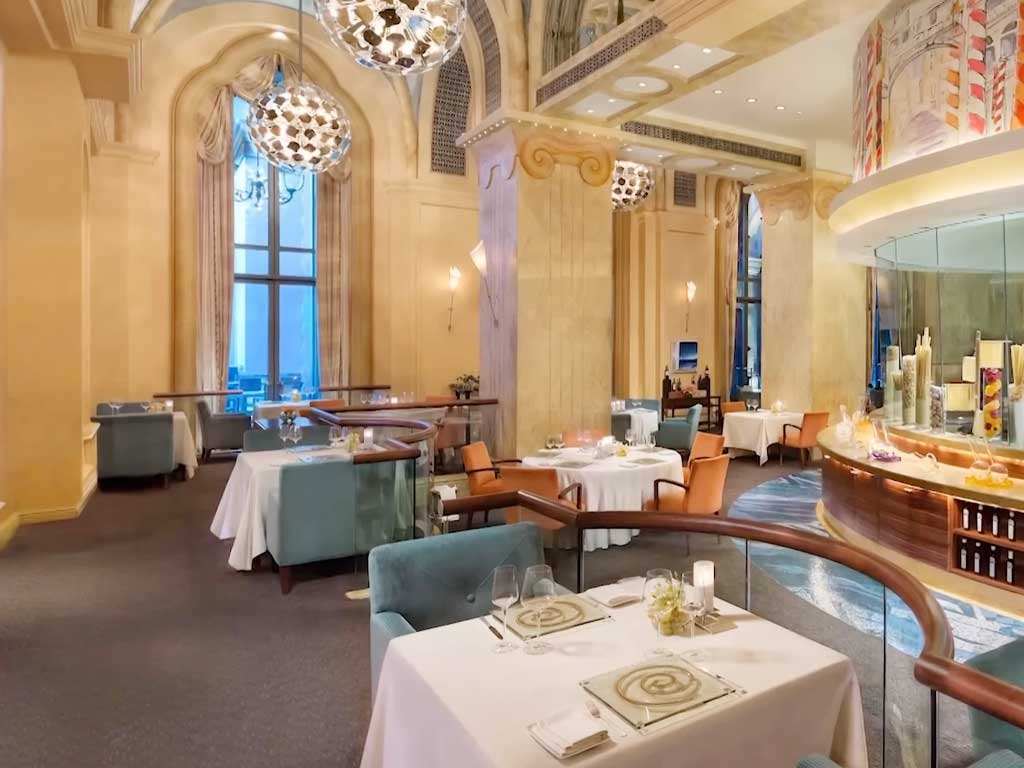
Hotels in Boston frequently undergo renovations and maintenance to meet evolving hospitality standards and ensure a pleasant guest experience.
These necessary upgrades contribute to higher operating costs, influencing hotel pricing to account for ongoing improvements and the desire to provide modern and well-maintained accommodations.
15. Demand for Boutique and Niche Experiences
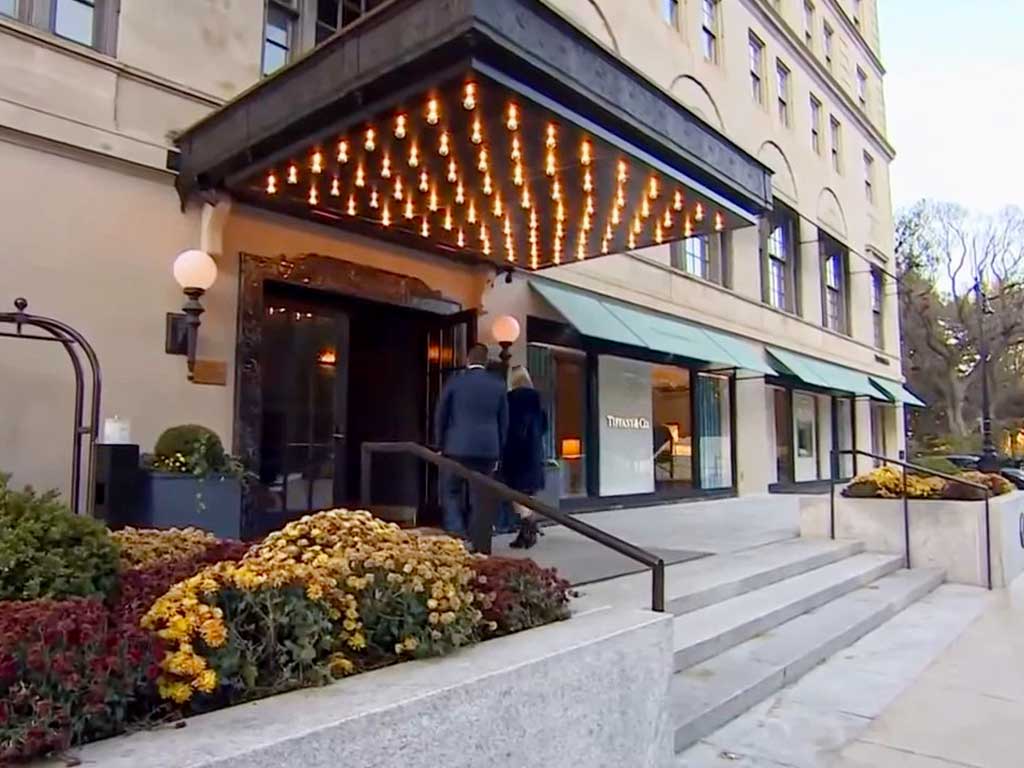
The trend toward boutique and niche hotels offering unique and personalized experiences is prevalent in Boston.
Travelers seeking distinctive stays contribute to the demand for these specialized accommodations, and the exclusivity they provide often results in higher pricing reflective of the elevated experience offered.
Where To Find Cheap Hotels In Boston?
While Boston is known for its vibrant culture and historical charm, finding affordable accommodation can be a challenge. However, budget-conscious travelers can explore various neighborhoods and lodging options for cost-effective stays in the city.
Back Bay and Fenway
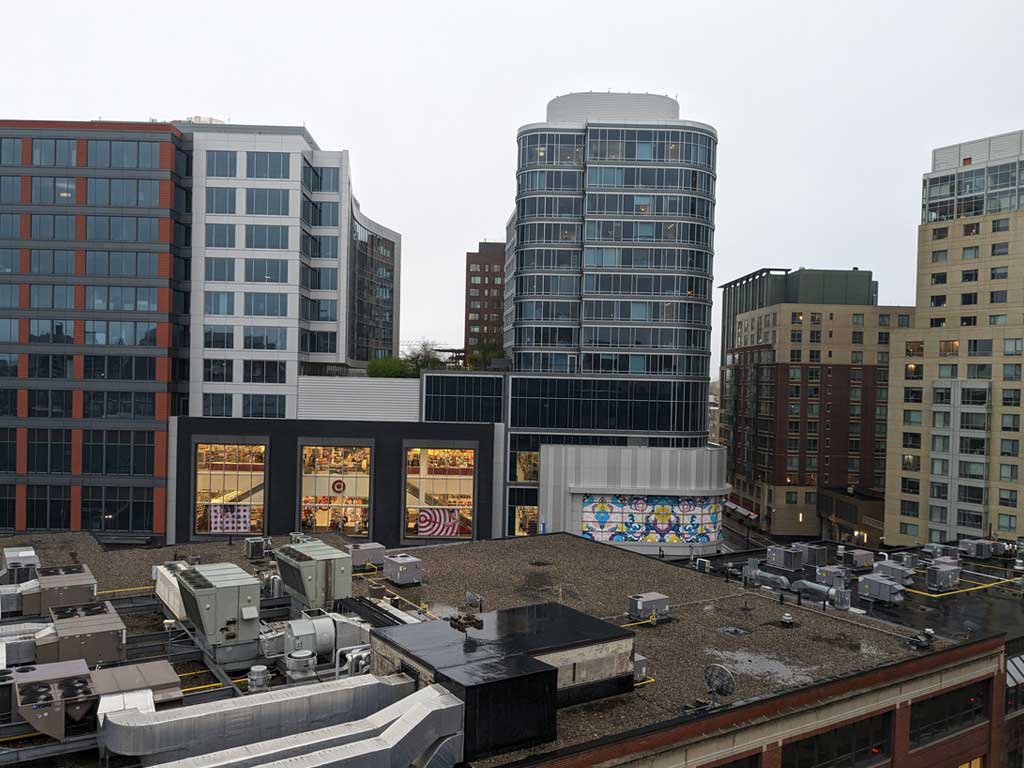
Back Bay and Fenway neighborhoods offer a mix of accommodations, including budget-friendly hotels and hostels.
While surrounded by upscale amenities, these areas often feature more affordable options, making them accessible for travelers seeking economical stays with proximity to popular attractions like Fenway Park and the Charles River.
Allston-Brighton
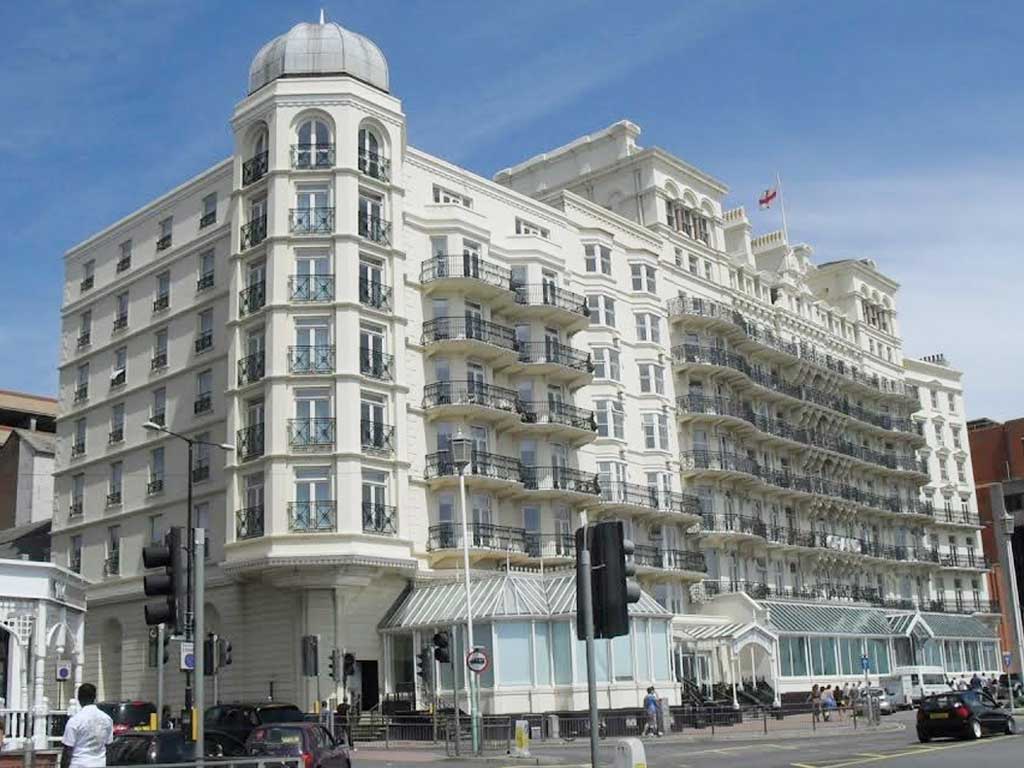
Located near Boston University and Boston College, Allston-Brighton is a neighborhood known for its youthful energy.
This area provides budget-friendly hotels, hostels, and guesthouses, making it an excellent choice for students, backpackers, and those looking for economical lodgings without compromising on accessibility to Boston’s main attractions.
Dorchester
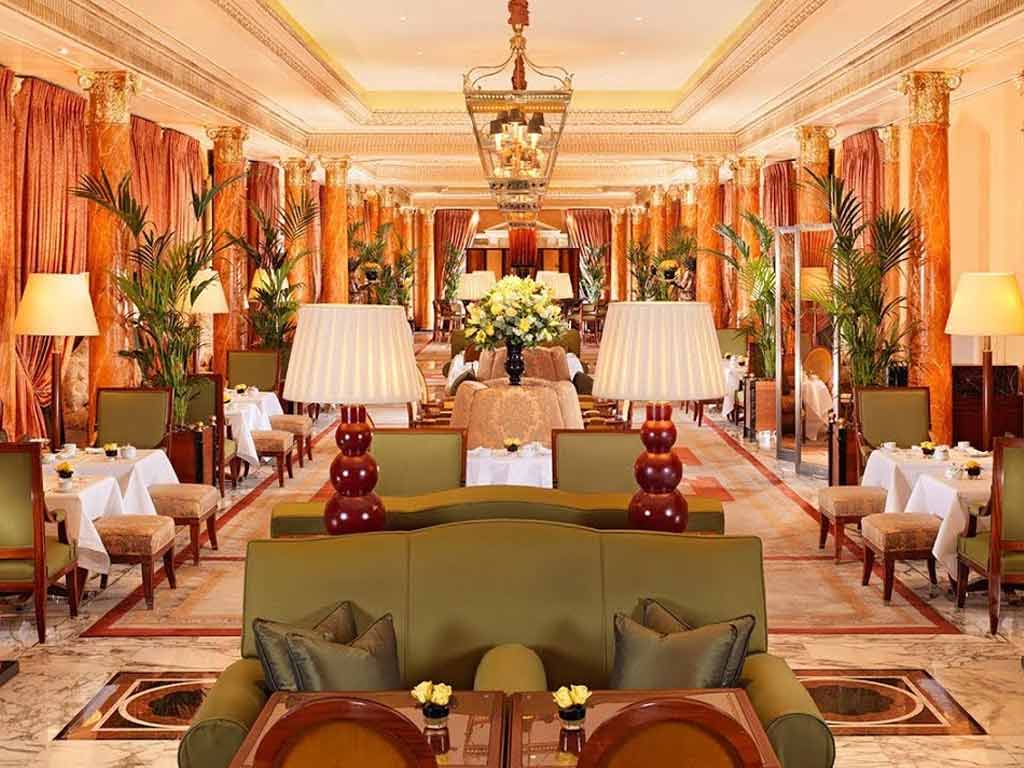
Dorchester, a diverse and historic neighborhood, offers affordable accommodation options away from the downtown bustle. Travelers can find budget-friendly hotels and motels while enjoying the local charm and cultural experiences.
The neighborhood is well-connected by public transportation, providing easy access to Boston’s key landmarks.
East Boston
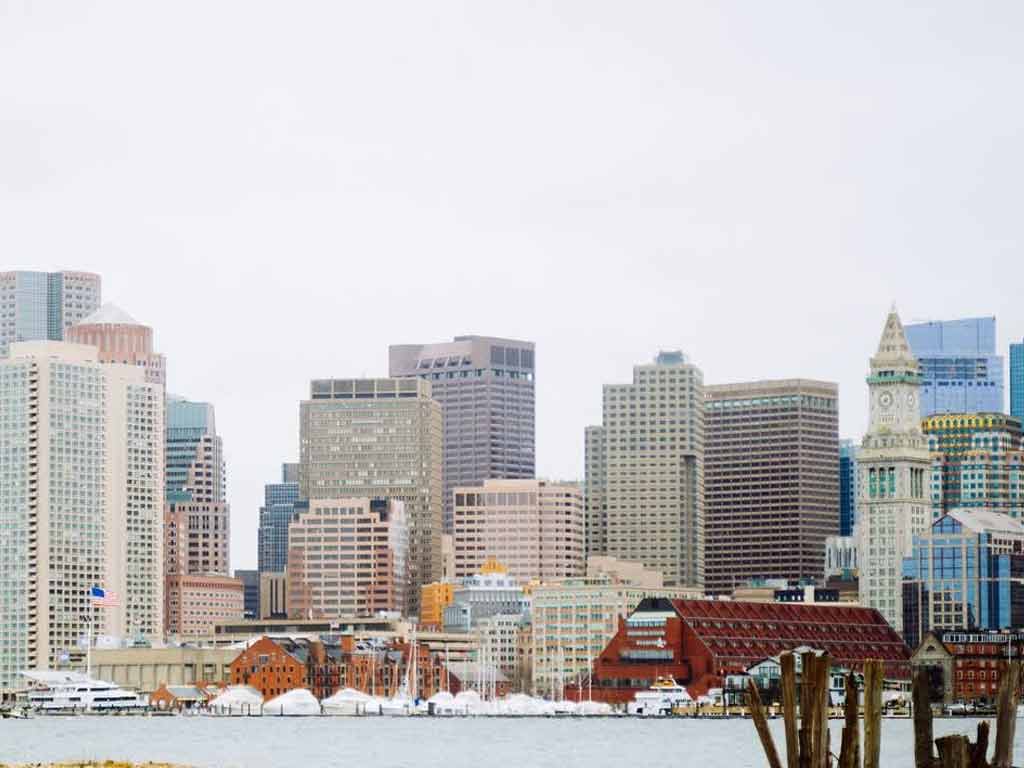
East Boston, with its proximity to Logan International Airport, is a practical choice for budget-conscious travelers. The neighborhood offers a range of affordable hotels and inns, providing convenience for those with early or late flights.
Travelers can explore the nearby waterfront and still access downtown Boston easily.
Cambridge
While often associated with academia, Cambridge, situated across the Charles River from Boston, offers budget-friendly accommodation options.
Visitors can find affordable hotels, motels, and guesthouses while exploring the vibrant atmosphere around Harvard Square and the Massachusetts Institute of Technology (MIT). The area’s diverse dining scene complements its economical lodging options.
Chelsea
Adjacent to Boston, Chelsea provides a more affordable alternative for accommodation seekers. This neighborhood features budget-friendly hotels and inns, making it an excellent choice for travelers looking to explore Boston while enjoying cost-effective lodgings.
With proximity to the city and local attractions, Chelsea offers a budget-friendly gateway to the greater Boston area.
Quincy
South of Boston, Quincy offers budget-friendly hotels and motels for travelers seeking economical options. With historical sites like the Adams National Historical Park and proximity to the Red Line subway, Quincy provides affordability without sacrificing access to the city’s cultural richness.
Everett
Everett, a neighboring city just north of Boston, provides a range of affordable lodging options. Travelers can find budget-friendly hotels and motels while being close to popular destinations like Assembly Row, offering shopping, dining, and entertainment.
Everett’s accessibility to Boston via public transportation makes it a convenient and economical choice.
Medford
Located northwest of Boston, Medford offers a suburban setting with affordable accommodation options. Travelers can explore budget-friendly hotels and inns while enjoying the tranquility of suburban life.
Medford’s accessibility to Boston via the MBTA commuter rail provides a balance between affordability and convenience.
Somerville
Adjacent to Cambridge, Somerville is known for its eclectic neighborhoods and vibrant arts scene. Travelers can find budget-friendly accommodations, including guesthouses and inns.
Somerville’s proximity to Cambridge and its unique local flavor make it an attractive option for those seeking economical stays with easy access to Boston’s cultural offerings.
FAQs
Does the time of year affect hotel prices in Boston?
Absolutely. Seasonal peaks, especially during the picturesque fall foliage and vibrant summer months, lead to increased tourism. Higher demand during these periods influences hotel prices, reflecting the city’s popularity during specific times of the year.
Are Boston hotels more expensive in the city center?
Yes, hotels in the city center are often pricier due to limited space and proximity to major attractions. The convenience and accessibility of staying in downtown Boston contribute to the higher cost of accommodations.
Does Boston’s academic reputation impact hotel prices?
Certainly, Boston’s status as an academic hub with prestigious universities attracts a diverse audience, including scholars and professionals. The demand for accommodations during academic sessions and conferences contributes to higher hotel prices.
How does Boston’s cultural scene influence hotel costs?
Boston’s vibrant cultural events, festivals, and historical sites contribute to a year-round appeal. The consistent demand for accommodations, driven by cultural richness, allows hotels to maintain elevated prices to meet the diverse preferences of visitors.
Are there budget-friendly alternatives to expensive hotels in Boston?
Yes, exploring neighborhoods like Allston-Brighton, Dorchester, and East Boston provides budget-friendly options. Travelers can find more affordable lodgings away from the city center while still enjoying the rich cultural experiences that Boston offers.
Conclusion
In unraveling the reasons behind the expense of hotels in Boston, it becomes evident that a blend of historical significance, cultural allure, and practical considerations shapes the city’s hospitality landscape.
From its role as an academic and business hub to limited hotel space in coveted areas, each factor contributes to the pricing dynamic.
As travelers navigate the diverse neighborhoods and explore budget-friendly alternatives, they can better appreciate the unique blend of tradition, innovation, and demand that positions Boston’s hotels as a reflection of the city’s vibrant identity.
While the cost of accommodation may be higher, it is a testament to the diverse offerings and experiences that make Boston a captivating destination for visitors from around the world.
Christian VanDerslice